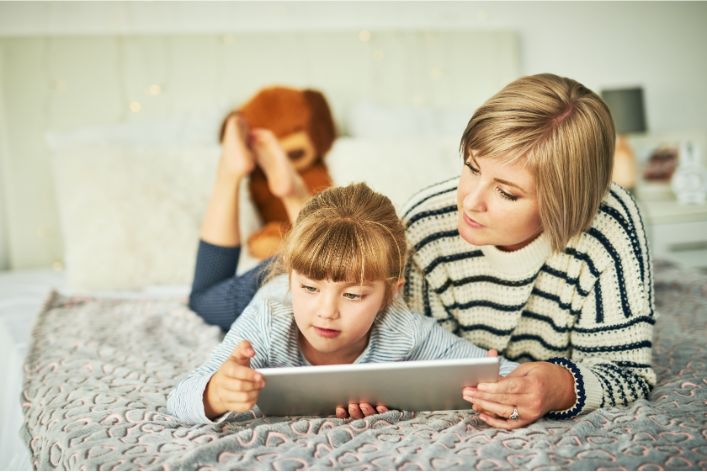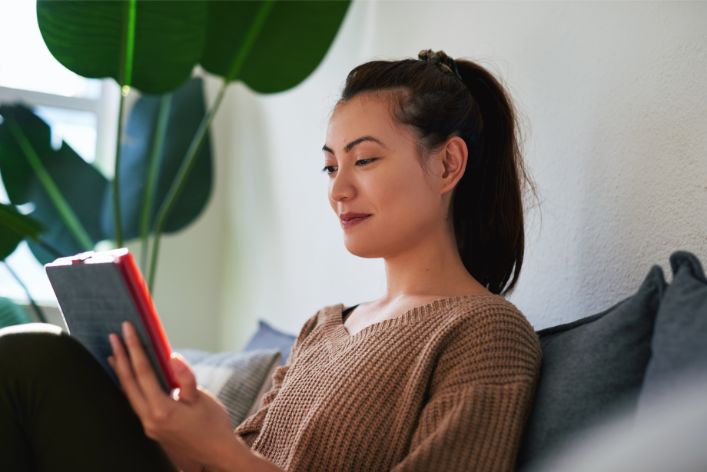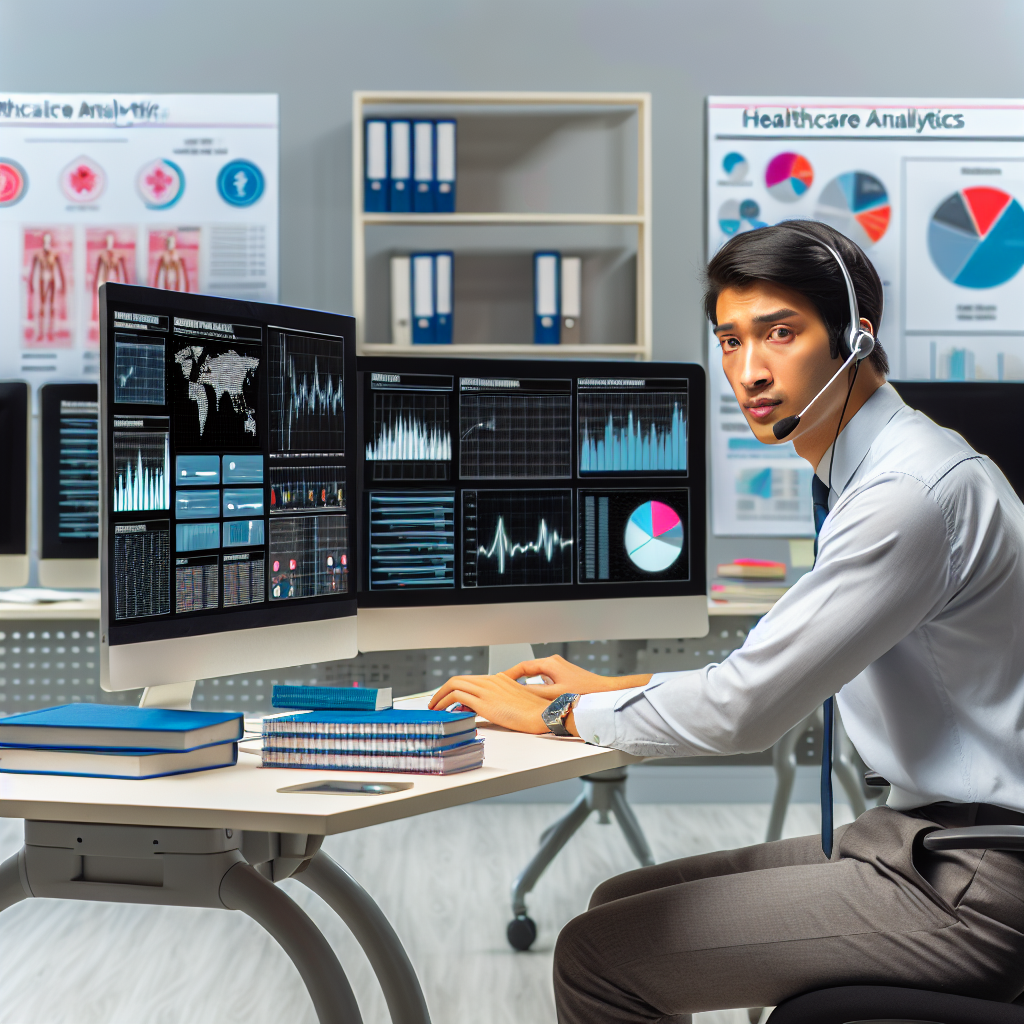Technology and digital screens have become an integral part of our lives. They serve an essential purpose, but their overuse can lead to adverse effects on our health. Excessive exposure to screens has become a significant concern in modern living. As such, the need to balance screen time and health has become increasingly necessary.

The importance of this balance cannot be overemphasized. Various studies show that the excessive use of screens can lead to problems such as insomnia, myopia, and obesity. Additionally, prolonged screen use can have adverse effects on relationships and social life. The importance of balancing screen use and physical activity is critical for both children and adults.
Many people find it challenging to maintain a balance between their screen use and physical activity. The rise of remote work has made it even more challenging to manage screen time. Research has shown that most adults spend an average of 6 hours per day on digital screens. Young children also spend a significant amount of their time using screens for learning and entertainment.
Balancing screen time and health is essential for overall well-being. One way to achieve this balance is to make a conscious effort to reduce screen time. Another way is to engage in physical activity and outdoor activities to counteract the effects of screen use. While screens can be entertaining and useful, it is necessary to use them moderately to ensure that our health is not compromised.
The Effects of Screen Time on Health
Screen time has become a ubiquitous part of our lives. Whether it is for work or leisure, we spend a considerable amount of time glued to screens. However, research has shown that excessive screen time has negative consequences, both on physical and mental health.
A. Negative Effects of Excessive Screen Time on Physical Health
- Sedentary Lifestyle: Excessive screen time is often associated with a sedentary lifestyle. Sitting for long periods can lead to obesity, back pain, and poor posture.
- Eye Strain: Our eyes are not designed to stare at screens for extended periods. Eye strain can cause headaches, dry eyes, and even blurred vision.
- Sleep Deprivation: The blue light emitted by screens affects our sleep patterns. Exposure to screens before bedtime can disrupt our circadian rhythms, making it difficult to fall asleep or stay asleep.
- Increased Risk of Chronic Diseases: Prolonged screen time is linked to an increased risk of chronic diseases such as type 2 diabetes, hypertension, and heart disease.
- Poor Diet: Screen time is often associated with mindless snacking, leading to an unhealthy diet. This can further contribute to chronic diseases and obesity.
B. Negative Effects of Excessive Screen Time on Mental Health
- Social Isolation: Excessive screen time can lead to social isolation. People become more disconnected from the real world and rely on virtual interactions, leading to loneliness and depression.
- Attention Problems: The constant stimulation from screens can lead to attention problems, particularly in children and adolescents. This can affect their ability to learn and concentrate in the long run.
- Anxiety and Depression: Excessive screen time has been linked to increased levels of anxiety and depression. Social media, in particular, can lead to feelings of inadequacy and low self-esteem.
- Reduced Productivity: Screen time can be a major distraction, affecting our ability to focus on tasks and be productive. The constant need for instant gratification and stimulation can lead to procrastination and a lack of motivation.
- Addiction: Screen time can be addictive, leading to compulsive behavior and a loss of control. This, in turn, can lead to a host of physical and mental health problems.
It is clear that excessive screen time can have detrimental effects on our health. However, it is important to note that screens are not inherently bad, and it is possible to use them in a healthy and productive way. By setting limits, taking regular breaks, and engaging in physical activities and social interactions, we can mitigate the negative effects of screen time on our health.
While screens have undoubtedly transformed the way we live and work, it is essential to be mindful of the impact it can have on our physical and mental health. By striking a balance, we can enjoy the benefits of technology without compromising on our well-being.
Read: Does Too Much Screen Time Really Affect Your Eyes?
How to Balance Screen Time and Health
As our lives become more digital, it can be challenging to balance screen time with physical and social activities. Excessive screen time can lead to eye strain, poor posture, sleep disturbances, and decreased physical activity. To maintain balance, consider the following tips:
A. Establish a Screen Time Limit
- Set a daily limit for how much time you spend on screens
- Include both work-related and leisure screen time in your limit
- Stick to your schedule to build healthier habits
B. Use Apps to Track Screen Time
- Download screen time tracking apps on your phone or laptop
- Assess the time spent on different apps and prioritize accordingly
- Get a better idea of how much time you spend on screens overall
C. Take Frequent Breaks
- Follow the 20-20-20 rule: every 20 minutes, focus on something 20 feet away for 20 seconds
- Take short breaks to stretch, walk, or do something else physical
- Avoid sitting for extended periods of time to prevent poor posture and circulation problems
D. Engage in Physical Activities
- Include physical activities in your daily routine to improve your health and wellbeing
- Choose activities that you enjoy and that fit your lifestyle
- Mix up your routine to keep things interesting and fun
E. Engage in Social Activities
- Plan activities with friends and family that do not involve screens
- Join clubs or groups that share your interests to meet new people
- Volunteer in your community to connect with others and give back
F. Practice Healthy Sleep Habits
- Avoid screens before bedtime to increase the quality of your sleep
- Create a calming bedtime routine to help you unwind
- Get sufficient sleep to boost your overall health and wellbeing
By following these tips, you can balance screen time with physical and social activities, which will improve your overall health and well-being. Remember, moderation is key!
Read: What Preventative Health Care Steps Should You Take?

Creating a Healthy Technology Environment
Creating a healthy technology environment can seem like a daunting task in our technology-driven world. However, implementing small changes can have a significant impact on our health and productivity. In this chapter, we’ll explore a few practical ways to optimize our use of technology.
A. Optimize screen settings
- Adjust brightness and contrast to prevent eye strain.
- Use blue light filters to reduce eye fatigue and improve sleep quality.
- Ensure your screen is at the right height to prevent neck and back pain.
Investing a little time in adjusting our screen settings can go a long way in promoting our well-being.
B. Reduce potential distractions
- Use headphones to listen to music or white noise to block out noise.
- Disable notifications and close unnecessary browser tabs.
- Set aside dedicated time for checking email and social media.
Reducing distractions not only boosts productivity but also reduces stress levels by allowing us to focus on essential tasks.
Innovative Tech Solutions, Tailored for You
Our leading tech firm crafts custom software, web & mobile apps, designed with your unique needs in mind. Elevate your business with cutting-edge solutions no one else can offer.
Start NowC. Set technology boundaries
- Set specific times for technology use to promote work-life balance.
- Avoid using technology for at least an hour before bedtime to improve sleep quality.
- Limit technology use during meals and social gatherings to promote meaningful connections.
By setting technology boundaries, we can prioritize our mental and physical health while still enjoying the benefits of technology.
Creating a healthy technology environment does not mean abandoning technology altogether. Instead, it means leveraging technology in a way that promotes our overall well-being. By optimizing screen settings, reducing potential distractions, and setting technology boundaries, we can enjoy the many benefits of technology while minimizing its negative effects.
Read: How Social Media Affects Your Mental Health
Conclusion
As we come to the end of this discussion on balancing screen time and health, it is important to emphasize once again the significance of maintaining a healthy balance.
Taking the necessary steps to achieve this balance is crucial to prevent the negative impact excessive screen time can have on our physiological and psychological well-being.
It is essential that as individuals, we take responsibility for our screen time and the impact it may have on our health and wellbeing.
We recommend setting aside designated periods of screen-free time, regular exercise, and engaging in meaningful activities, whether it be with family or friends, or pursuing individual interests.
Lastly, we encourage our readers to take this call to action seriously and prioritize their health and well-being over mindless screen time.
Read: How Does Quality Sleep Transform Your Well-being?
Before You Go…
Hey, thank you for reading this blog to the end. I hope it was helpful. Let me tell you a little bit about Nicholas Idoko Technologies. We help businesses and companies build an online presence by developing web, mobile, desktop, and blockchain applications.
We also help aspiring software developers and programmers learn the skills they need to have a successful career. Take your first step to becoming a programming boss by joining our Learn To Code academy today!
Be sure to contact us if you need more information or have any questions! We are readily available.










